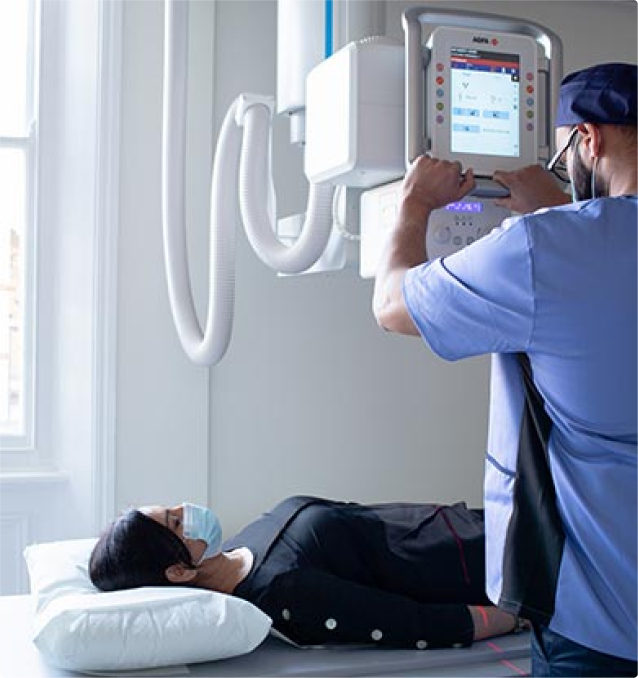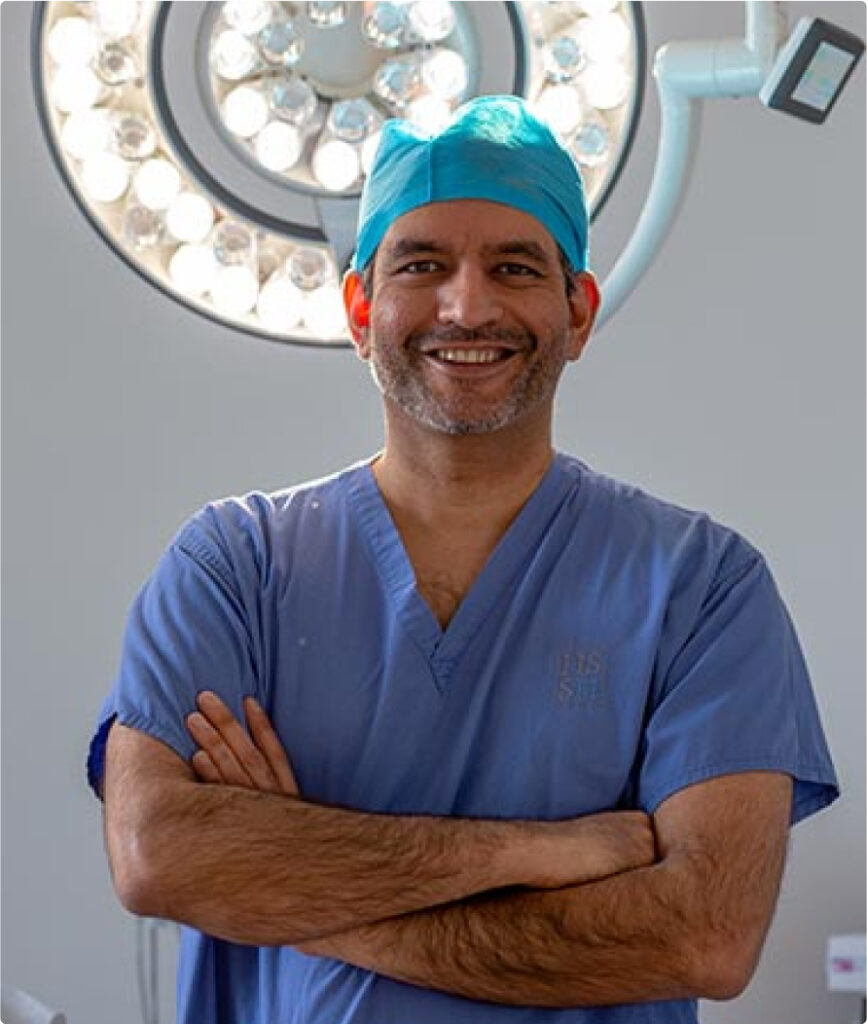Award winning Specialist
Knee Replacement London

Knee replacements are a very common surgical procedure designed to give you long-term pain relief from knee stiffness. While most knee replacements occur in patients over 50, some younger patients are also eligible if other knee pain treatments haven’t worked. Here, learn everything you need to know about having knee replacement surgery for knee pain conditions at Harley Street Specialist Hospital.































